
Bangladesh: Solar Panels Energize Villages
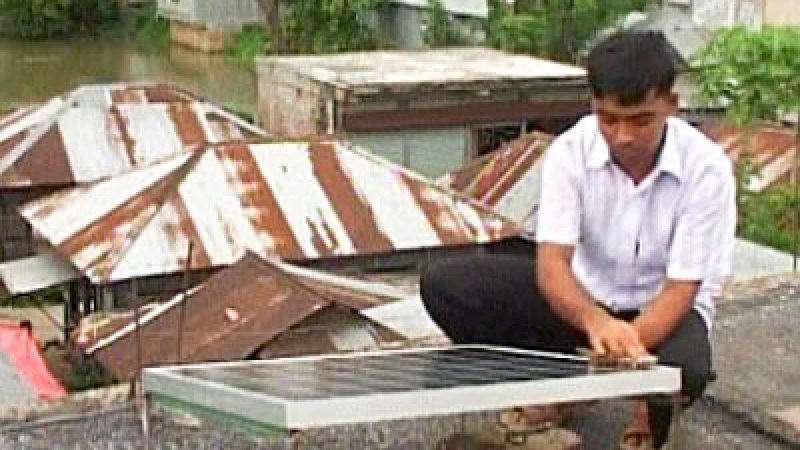
For Akther Hossain, solar energy is a major blessing.
He no longer has to miss the peak shopping hours at dusk in his remote Bangladesh village for lack of electricity.
[Akther Hossain, Tailor Shop Owner]:
„I have four lights in my shop which are powered by solar energy. I have benefitted from the system. I also encouraged other shopkeepers to get the solar system. Now I am earning much more than before.“
His shop now stays open until 11 p.m. and he has employed five others to expand his business.
Other business owners are seeing that solar power makes good sense.
[Lal Miah, Shop Owner]:
„Earlier I was using a generator, which was costly, and I could not run that for a long time. Now I have a solar power system, it is helping me a lot. Now I can keep my shop open longer, up to midnight.“
Only 40 per cent of Bangladesh’s over 150 million people have access to electricity. But now, more and more energy-starved Bangladeshis are improving their living standards by owning a solar system at an affordable price.
Credit is available from private local aid organizations.
Grameen Shakti is a non-profit organization linked to the Nobel Peace winning Grameen Bank which caters to banking for the poor.
Grameen Shakti has pioneered the use of solar power systems in Banglash, but 15 other firms are also involved in distributing solar power around the country.
[Dipal Chandra Barua, Managing Director, Grameen Shakti]:
“Our mission is how to produce electricity form the green energy, from the sunshine. So we extracting sunshine through solar energy, we are producinggreen electricity at the grassroots level, the people those don’t have electricity, they are enjoying solar energy.“
A total of 73 families and shopkeepers now use solar systems in Pritomoddi, where televisions and mobile phones have become a common sight.
They can now communicate with expatriate family members by mobile phone, and children no longer have an excuse for not finishing their homework at night.
[Kulsum Begum, Housewife]:
„We don’t have electricity in this area. Our children could not study at night, so now we are using solar power, our children can study. They can also watch television now, and we can charge our mobile phones.“
Nearly 300,000 solar-power systems are now meeting the demand for power in rural areas of Bangladesh.
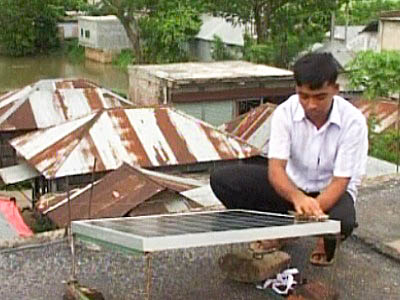 (NTDTV)
(NTDTV)








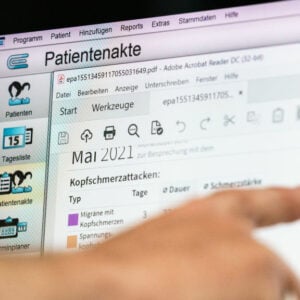

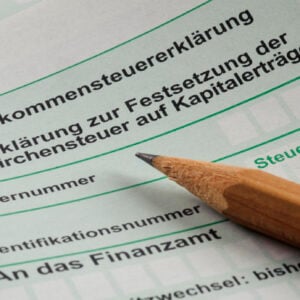




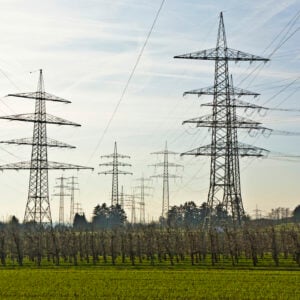
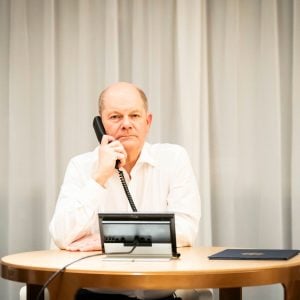
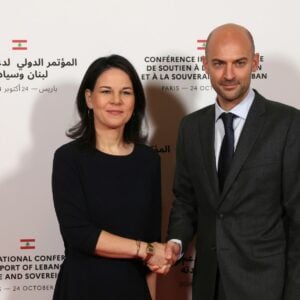
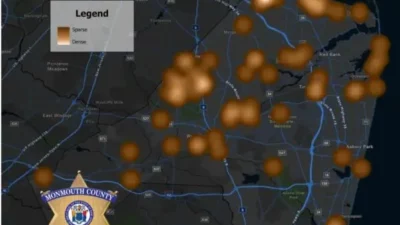



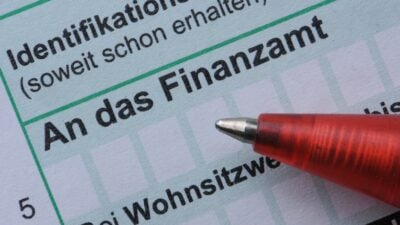




vielen Dank, dass Sie unseren Kommentar-Bereich nutzen.
Bitte verzichten Sie auf Unterstellungen, Schimpfworte, aggressive Formulierungen und Werbe-Links. Solche Kommentare werden wir nicht veröffentlichen. Dies umfasst ebenso abschweifende Kommentare, die keinen konkreten Bezug zum jeweiligen Artikel haben. Viele Kommentare waren bisher schon anregend und auf die Themen bezogen. Wir bitten Sie um eine Qualität, die den Artikeln entspricht, so haben wir alle etwas davon.
Da wir die Verantwortung für jeden veröffentlichten Kommentar tragen, geben wir Kommentare erst nach einer Prüfung frei. Je nach Aufkommen kann es deswegen zu zeitlichen Verzögerungen kommen.
Ihre Epoch Times - Redaktion